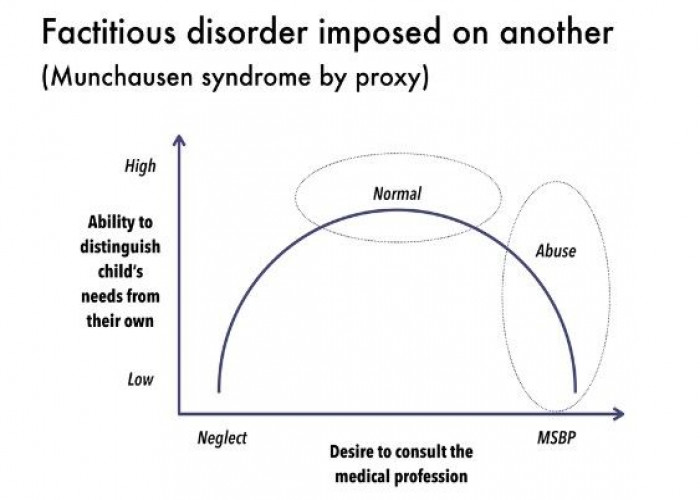 Welcome
Welcome
“May all be happy, may all be healed, may all be at peace and may no one ever suffer."
Factitious disorder
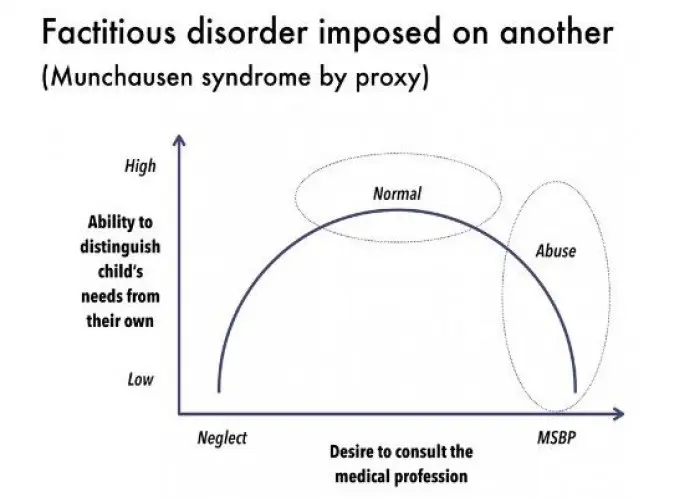
Factitious disorder, also known as Munchausen syndrome, is a mental health condition in which a person intentionally produces or feigns physical or psychological symptoms in order to assume the role of a patient or to gain attention and sympathy from others. The symptoms may include medical or psychiatric symptoms and may be either self-induced or falsified.
People with the factitious disorder often go to great lengths to deceive medical professionals and may have a long history of medical treatments, hospitalizations, and surgeries. They may also fabricate stories about their medical history or family history and may be resistant to revealing their true identity or history.
The exact causes of the factitious disorder are not well understood, but it is believed to be a complex interplay of psychological, social, and biological factors. People with a history of childhood abuse, neglect, or trauma may be at higher risk of developing a factitious disorder.
Treatment for the factitious disorder may involve psychotherapy, including cognitive-behavioral therapy, and may also involve medications for co-occurring mental health conditions such as depression or anxiety. In some cases, hospitalization may be necessary to manage the medical complications associated with the disorder.
Because people with factitious disorders often go to great lengths to deceive medical professionals, diagnosis and treatment can be difficult. It is important for healthcare professionals to be aware of the signs and symptoms of factitious disorder, and to work collaboratively with mental health professionals to provide appropriate treatment and support.
Research Papers
Disease Signs and Symptoms
- Mental disorder
Disease Causes
Factitious disorder
The cause of factitious disorder is unknown. However, the disorder may be caused by a combination of psychological factors and stressful life experiences.
Disease Prevents
Factitious disorder
Because the cause of factitious disorder is unknown, there's currently no known way to prevent it. Early recognition and treatment of factitious disorder may help avoid unnecessary and potentially dangerous tests and treatment.
Disease Treatments
Treatment of factitious disorder is often difficult, and there are no standard therapies. Because people with factitious disorder want to be in the sick role, they're often unwilling to seek or accept treatment for the disorder. However, if approached in a gentle, nonjudgmental way, a person with factitious disorder may agree to be treated by a mental health professional.
Nonjudgmental approach
Direct accusations of factitious disorder typically make the affected person angry and defensive, causing him or her to abruptly end a relationship with a doctor or hospital and seek treatment elsewhere. So the doctor may try to create an "out" that spares your loved one the humiliation of admitting to faking symptoms and offer information and help.
For example, the doctor may reassure your loved one that not having an explanation for medical symptoms is stressful and suggest that the stress may be responsible for some physical complaints. Or the doctor may ask your loved one to agree that, if the next medical treatment doesn't work, they'll explore together the idea of a possible psychological cause for the illness.
Either way, the doctor will try to steer your loved one toward care with a mental health professional. And both doctors and loved ones can reinforce healthy productive behaviors without giving undo attention to symptoms and impairments.
Treatment options
Treatment often focuses on managing the condition, rather than trying to cure it. Treatment generally includes:
- Having a primary care doctor. Using one doctor or other gatekeeper to oversee medical care can help manage needed care and the treatment plan and reduce or eliminate visits to numerous doctors, specialists and surgeons.
- Psychotherapy. Talk therapy (psychotherapy) and behavior therapy may help control stress and develop coping skills. If possible, family therapy also may be suggested. Other mental health disorders, such as depression, also may be addressed.
- Medication. Medications may be used to treat additional mental health disorders, such as depression or anxiety.
- Hospitalization. In severe cases, a temporary stay in a psychiatric hospital may be necessary for safety and treatment.
Treatment may not be accepted or may not be helpful, especially for people with severe factitious disorder. In these cases, the goal may be to avoid further invasive or risky treatments. In cases where the factitious disorder is imposed on others, the doctor assesses for abuse and reports the abuse to the appropriate authorities, if indicated.
Disease Diagnoses
Disease Allopathic Generics
Disease Ayurvedic Generics
Disease Homeopathic Generics
Disease yoga
Factitious disorder and Learn More about Diseases

Sweating and body odor
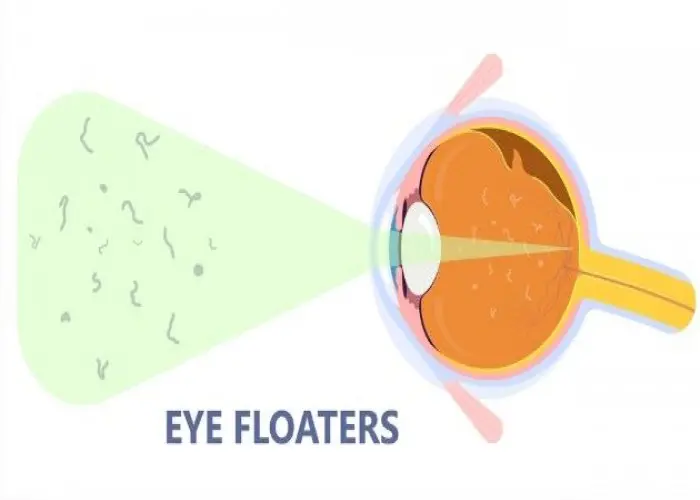
Eye floaters

Vitamin deficiency anemia
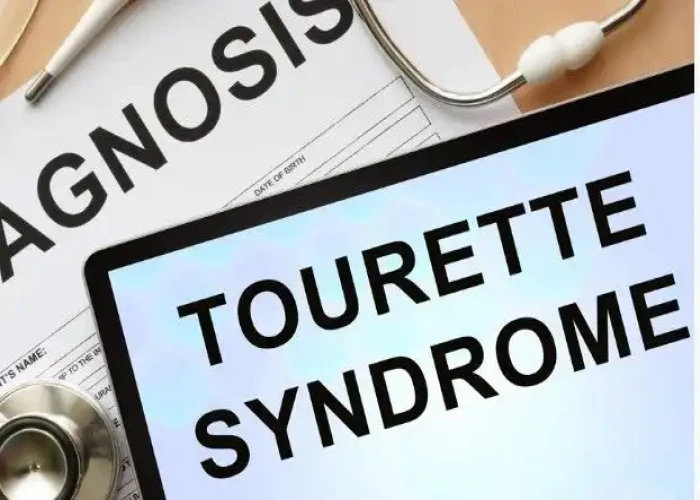
Tourette syndrome

Thalassemia

Enlarged liver

Seasonal affective disorder (SAD)
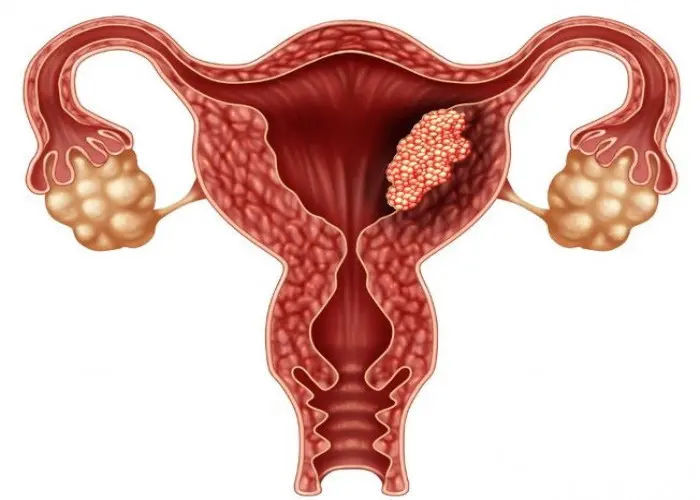
Endometrial cancer
factitious disorder, কল্পিত ব্যাধি, কাল্পনিক ব্যাধি
To be happy, beautiful, healthy, wealthy, hale and long-lived stay with DM3S.
